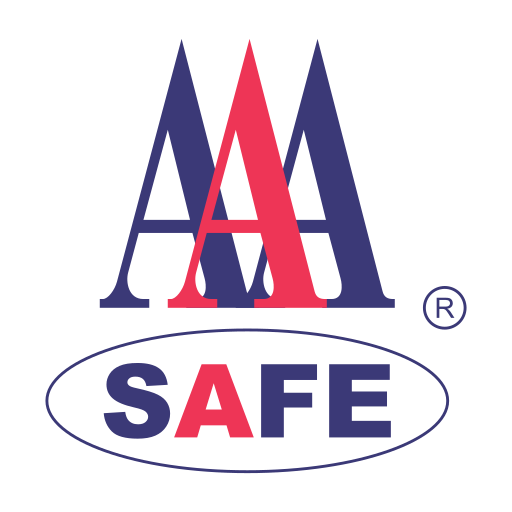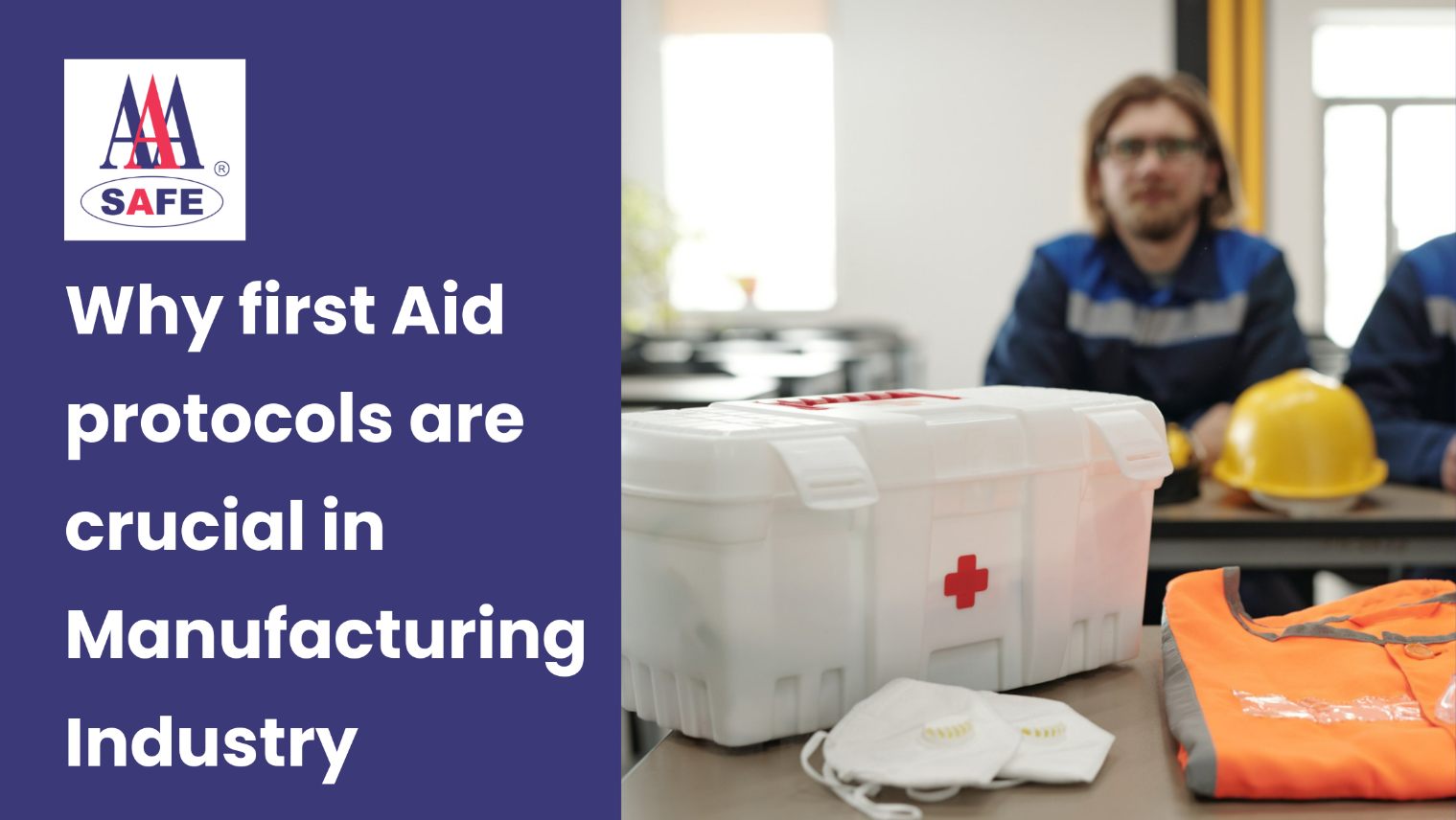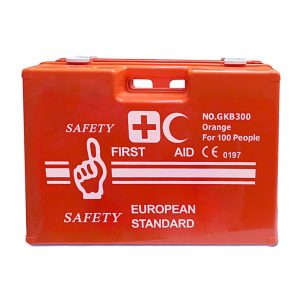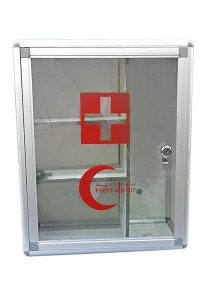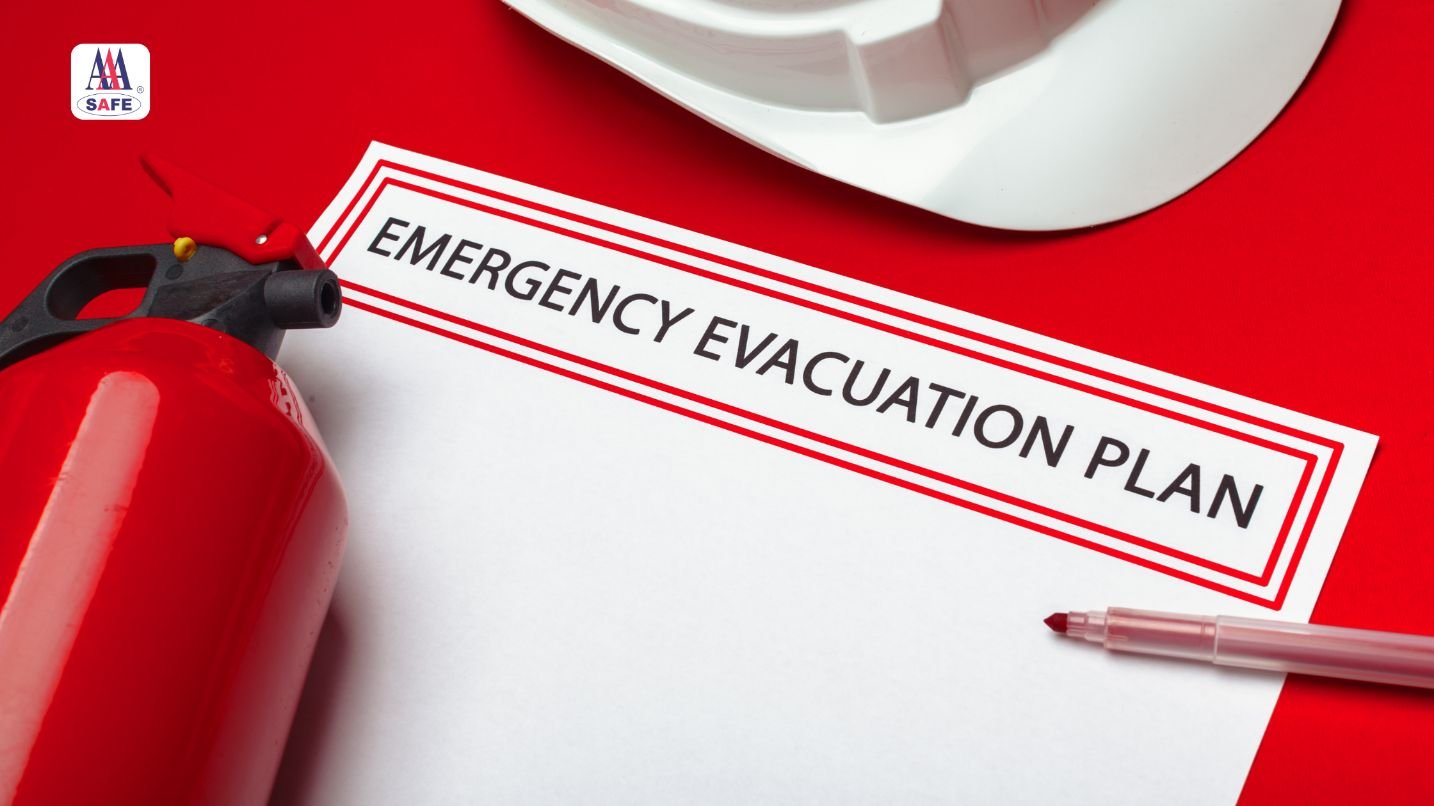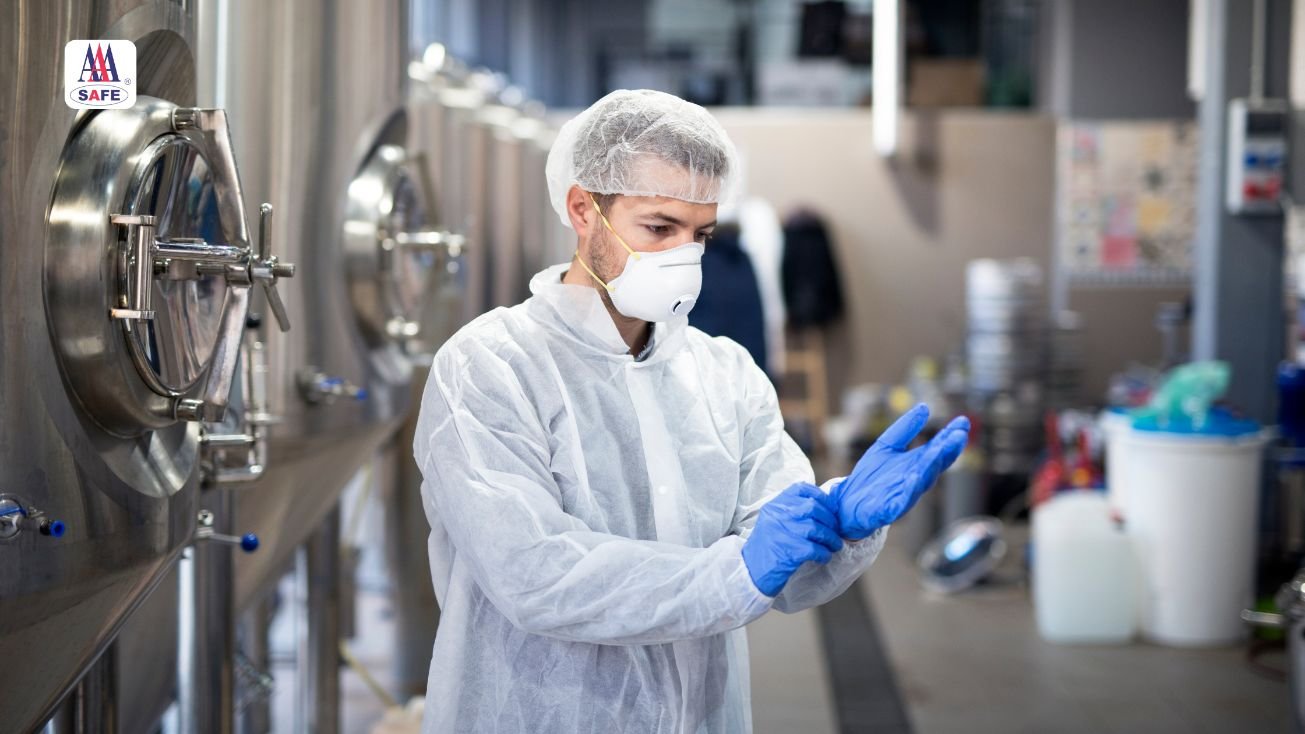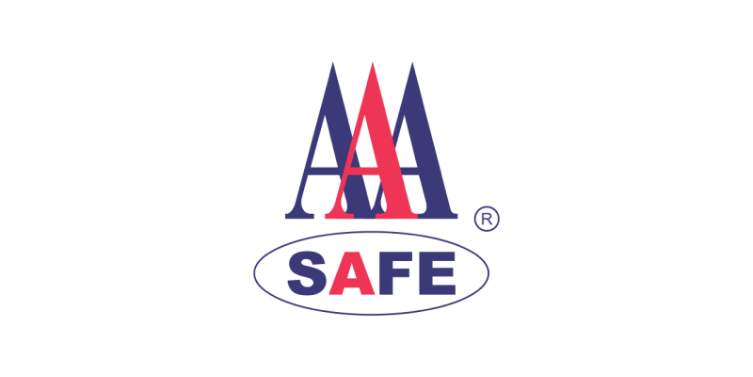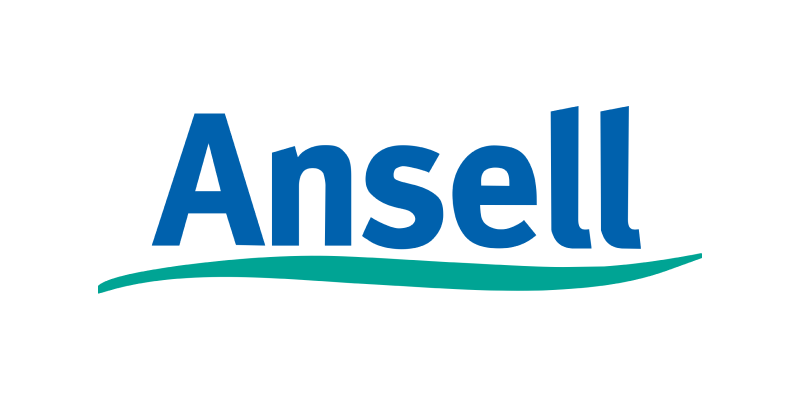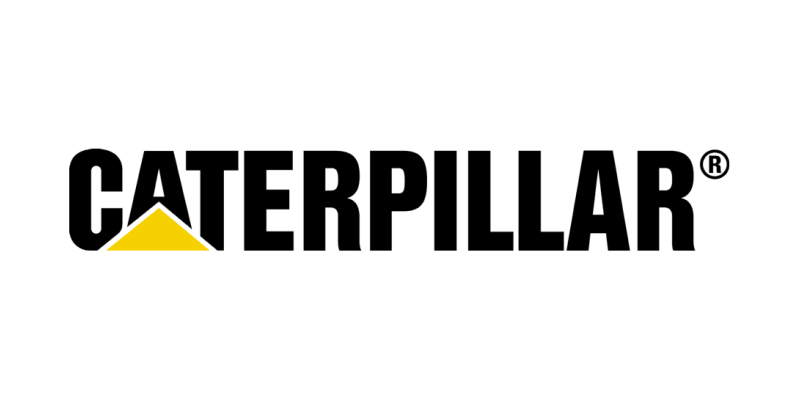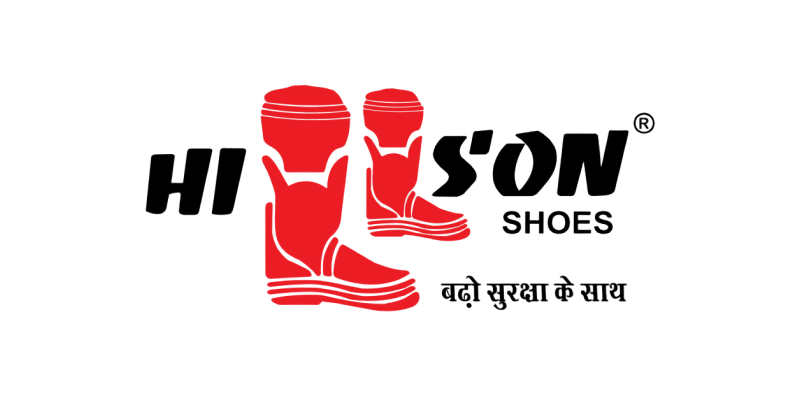In the dynamic and high-risk environment of the manufacturing industry, ensuring the safety and well-being of employees is a top priority. The manufacturing sector in the United Arab Emirates (UAE) serves as a cornerstone of the nation’s economy, marked by its rapid growth and diverse operations. However, this impressive growth brings with it inherent risks, making the implementation of robust first aid protocols not just beneficial but essential. This article delves into the critical importance of first aid protocols in the manufacturing industry, particularly within the unique context of the UAE.
Understanding First Aid Protocols
First aid protocols are structured guidelines that outline the immediate care and response needed when an injury or medical emergency occurs in the workplace. These protocols are meticulously designed to stabilize the injured person, prevent the condition from worsening, and provide essential care until professional medical help arrives. In the manufacturing industry, where the risk of accidents is significantly higher, having effective first aid protocols can make a substantial difference in the outcome of an emergency situation.
1. Enhancing Workplace Safety
First aid protocols play a fundamental role in enhancing workplace safety within the manufacturing industry. They provide a well-defined framework for responding to common injuries such as cuts, burns, fractures, and chemical exposures. By equipping employees with the knowledge and skills to administer first aid, organizations can substantially reduce the severity of injuries and improve recovery outcomes. This proactive approach to safety is crucial in a high-risk environment like manufacturing, where accidents can occur in the blink of an eye.
2. Ensuring Compliance with Regulations
In the UAE, adherence to safety regulations is not only a legal obligation but also a moral responsibility. The UAE’s regulatory bodies require that organizations implement comprehensive safety measures, including first aid protocols, to protect employees. By complying with these regulations, organizations can avoid legal penalties and, more importantly, demonstrate their unwavering commitment to employee safety. Moreover, following first aid protocols is an essential aspect of meeting the UAE’s stringent health and safety standards.
3. Reducing the Impact of Workplace Injuries
Immediate and effective first aid can significantly mitigate the impact of workplace injuries. In the manufacturing industry, where injuries can range from minor cuts to life-threatening incidents, timely first aid interventions can prevent complications and long-term consequences. For instance, providing first aid for burns or wounds can reduce the risk of infection and support a smoother recovery process. By minimizing the impact of injuries, organizations can reduce downtime and maintain productivity, ensuring the continuous flow of operations.
4. Promoting a Culture of Safety
The implementation of first aid protocols goes beyond mere compliance; it fosters a culture of safety within the organization. When employees are trained and prepared to respond to emergencies, they are more likely to take safety precautions seriously and adhere to established safety guidelines. This cultural shift not only enhances workplace safety but also boosts employee morale and engagement. A strong safety culture is a valuable asset in the manufacturing industry, where the risk of accidents is ever-present.
5. Empowering Employees with Essential Skills
First aid training empowers employees with the skills and confidence needed to respond effectively to emergencies. This empowerment is particularly important in the manufacturing industry, where employees may encounter various hazards, including machine-related injuries, chemical exposures, and slips, trips, and falls. By equipping employees with first aid skills, organizations can ensure they are prepared to handle these situations and provide immediate care to their colleagues, contributing to a safer work environment.
6. Facilitating Emergency Preparedness
First aid protocols are a crucial component of emergency preparedness. They ensure that organizations have the necessary resources and procedures in place to respond to emergencies promptly and effectively. This preparedness includes having well-stocked first aid kits, trained first aiders, and clear communication channels for reporting and responding to incidents. By prioritizing emergency preparedness, organizations can minimize the impact of emergencies and protect their workforce, fostering a secure and responsive workplace.
7. Improving Response Times in Emergencies
In an emergency, every second counts. First aid protocols improve response times by providing clear guidelines for assessing the situation, administering care, and seeking professional medical assistance. This swift response can save lives and prevent injuries from worsening. In the manufacturing industry, where the risk of severe injuries is high, quick and effective first aid can make a life-saving difference, underscoring the importance of having these protocols in place.
8. Supporting Health and Safety Compliance
First aid protocols are integral to health and safety compliance in the manufacturing industry. They align with the UAE’s regulatory requirements and international best practices, ensuring that organizations meet their legal obligations. By implementing comprehensive first aid protocols, organizations can demonstrate their commitment to health and safety compliance, building trust with employees, customers, and regulatory bodies. This commitment is not just about avoiding penalties; it’s about creating a safe and secure environment for everyone involved.
9. Enhancing Employee Morale and Retention
A safe work environment is a key factor in employee satisfaction and retention. By implementing first aid protocols and prioritizing employee safety, organizations can create a positive work environment that fosters trust and loyalty. Employees who feel safe and valued are more likely to remain with the organization and contribute to its success. This focus on safety and well-being is especially important in the competitive manufacturing industry, where attracting and retaining skilled workers is crucial.
10. Demonstrating Corporate Responsibility
Implementing first aid protocols is also a powerful way to demonstrate an organization’s corporate responsibility and commitment to social sustainability. By prioritizing employee safety and well-being, organizations can enhance their reputation and strengthen relationships with stakeholders. This commitment to corporate responsibility is increasingly important in today’s business landscape, where consumers and investors alike value ethical and sustainable practices. By taking these steps, organizations show that they care about more than just profits—they care about people.
Conclusion
In the UAE’s manufacturing industry, where rapid growth and inherent risks coexist, the importance of first aid protocols cannot be overstated. These protocols enhance workplace safety, ensure compliance with regulations, and empower employees with essential skills. By fostering a culture of safety and prioritizing emergency preparedness, organizations can protect their workforce, reduce the impact of workplace injuries, and demonstrate their commitment to corporate responsibility. In doing so, they not only safeguard their employees but also contribute to the sustainable growth and success of the manufacturing industry in the UAE.
